Are you interested in starting (or advancing) your futures journey? Here’s our pick of futures strategy resources to build your capacity for futures practice, including:
– top three futures reads
– a directory of futures tools and resources
– a selection of futures institutions and communities to follow or join
What is futures?
Futures is a way of thinking in uncertain times. After such a year as 2020, we all know what it’s like to live in uncertainty. We know we can no longer trust in those assumptions upon which we used to make plans. It even seems crazy to recall how lightly we’d make plans and not even insure against disruptions!
If we can’t plan, what can we do? This is where futures provides some tools for reflection.
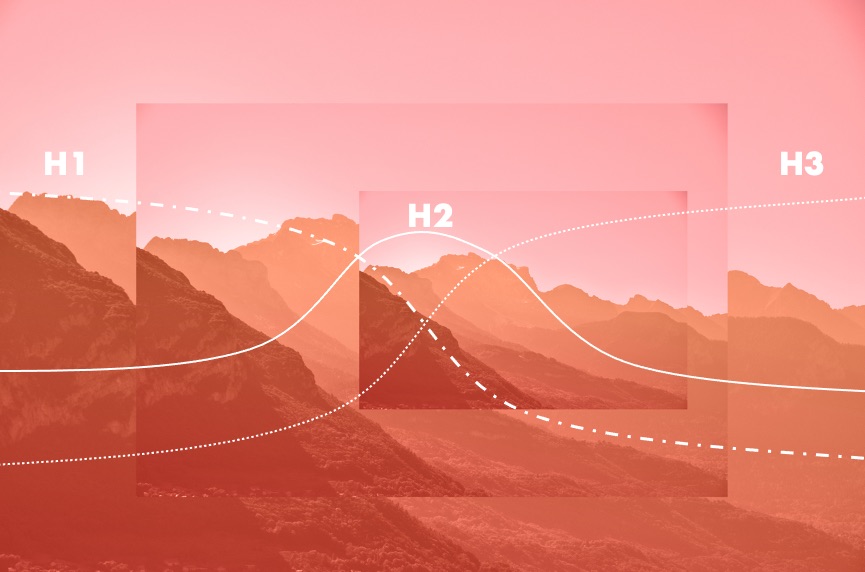
Futures helps us contemplate multiple possibilities, explore potential circumstances, and consider the many outcomes that different courses of action might have.
Was 2020 the year where ‘being a futurist’ stopped being a niche occupation, and started being an essential life skill? We think so, and we want to help you build your capacity for futures thinking by pointing out some existing resources.
NB. This is by no means a comprehensive list. There are more and more tools out there to help you bring futures tools into your daily life and work.
What other resources can you recommend? Please share your suggestions in the comments!
Top three futures reads
- The RSA’s 2020 report “A stitch in time: realising the value of futures and foresight” is a compelling case for using futures in policy-making, organisational strategy and thinking about ways forward for society as a whole, written by a group of ‘curious generalists’ for other non-futurists.
It explores how futures can complement the skillsets of creative problem solvers and changemakers, and provides a brief introduction to ‘strategic foresight’ as “an organised and systematic process through which to engage with uncertainty regarding the future”. It also proposes ways to develop a mindset, culture and competencies to support futures thinking.
- How to Future, by Scott Smith and Madeline Ashby, aims to offer ‘a practical guide for everyday futuring in a complex world’, translating foresight methodologies into flexible approaches to support designers and innovators to forge better futures.
It sets out the case for futures now, and offers ways to get started, from scanning the horizon for signals of change, to making sense of emerging patterns, telling strategic stories and engaging others in the futures you want to create. - Futures is all about storytelling! There are more anthologies of futures fiction emerging around the world, such as Africanfuturism, an anthology of eight stories by emerging and seasoned African writers staking a claim to Africa’s place in the future.
Here’s a review of places to read speculative fiction online. Rob Hopkins’ book ‘From What Is to What If’ also aims to inspire communities to think in creative, positive ways about the future.

Read next: Now that we know more, can we do better? Aarathi Krishnan, Strategy and Foresight Advisor for UNDP, reflects on our collective learnings and unlearnings of 2020 and discusses the paradigm shift still required to help us move from proclamations of change to transformative change.
Futures tools and resources
- Teach the Future is an online library designed to help teachers bring foresight into classrooms, although most of the resources are also applicable to facilitating futures processes. It’s searchable by education level (elementary to college), language (mostly European plus Japanese), subjects (including technology, history, arts and sciences), and product categories (games, methods, materials).
The resources themselves are mostly provided and hosted by other futures organisations (such as this Governance Futures Toolkit by Institute for the Future). Some of the tools can be accessed for free (including this Causal Layered Analysis game), while others (such as the Delphi Method) come as a sample or summary, pointing you to where you can find out more or buy the kit.
- The public policy research organization RAND Corporation (a non-profit) publishes a wide range of tools as free downloads, some of which overlap with futures methodologies. For instance, Hedgemony: A Game of Strategic Choices challenges players to design defense strategies for an uncertain world.
Many of its tools have specific applications in mind to build healthier societies, such as this Better Policing Toolkit. It also publishes futures-focused reports, such as ‘Preparing Children and Youth for Civic Life in the Era of Truth Decay’.
- Future Stewards has launched Regenerative Pathways, which includes an ‘A-Z of support for regenerative journeys’, linking to tools and resources created by other organisations. It includes the 1.5°C Business Playbook by the Exponential Climate Action Roadmap initiative.
- TED-Ed has a wealth of future-focused video ‘lessons’, exploring topics such as the future of cities and the future of farms.
Futures institutions and communities to follow or join
- New institutions are appearing to tackle specific futures-related challenges. One is the Centre for Technomoral Futures at The University of Edinburgh Futures Institute, which aims to “unify technical and moral modes of future-building expertise in new models of research, education, design and engagement that directly serve the goals of sustainable, just and ethical innovation.”
- The Design Futures Initiative aims to connect futurists, designers, strategists, engineers, artists and scientists around the world to explore the implications of future products and services. It invites you to join or create Speculative Futures Chapters in regions around the world.
- Plural Futures aims to bring diversity – and particularly under-represented perspectives – into the world of foresight, and to challenge narratives of a ‘Singular Future’ or ‘Technosolutionism’ – in which technology is seen as the only way forward, or at least a largely positive way. Its website links to a range of futures resources, toolkits and primers from the UN, various governments and organisations.
- Opensource toolkits to support communities to engage with futures are also being developed, such as The Community Toolkit designed by Resolve and built on by Civic Square. More funding is becoming available to support community-led futures exercises, such as The Emerging Futures Fund, offered by the UK’s National Lottery.
The Futures Centre
And of course, there’s Forum for the Future’s own Futures Centre: the only open source horizon scanning community dedicated to making sense of change for a sustainable future.
Here, you can explore, track and share signals of change to help make sense of the world, access futures-focused insights and resources to help create a more sustainable future, and join a global community working together on key challenges to drive positive change. Each year, we release our insights into the Future of Sustainability: here’s the latest, ‘From System Shock to System Change: Time to Transform’.
You can sign up for the Futures Centre newsletter to receive the latest from the platform every month.
Read next:
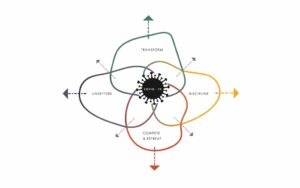

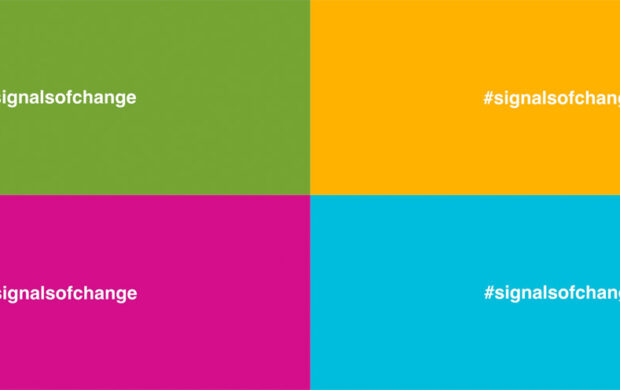

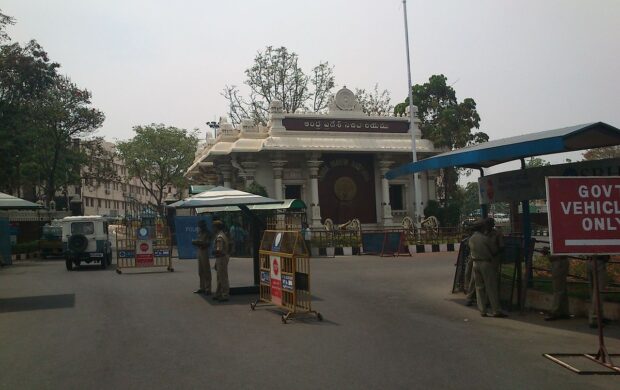

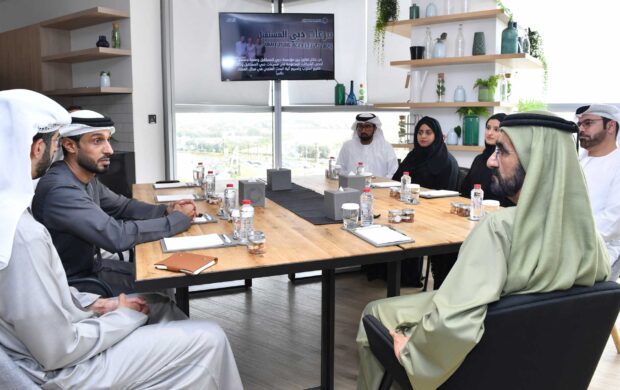



Join discussion